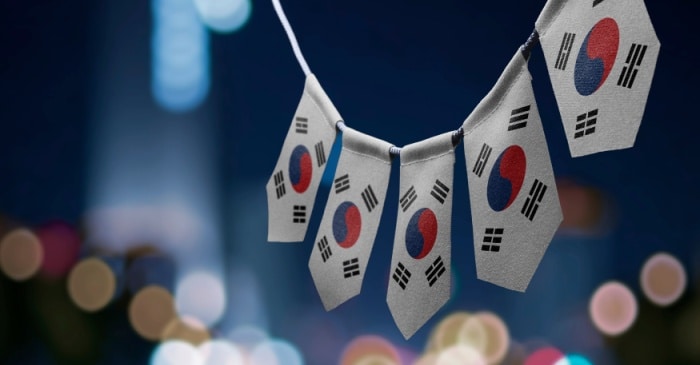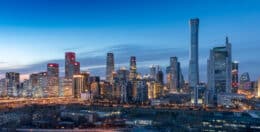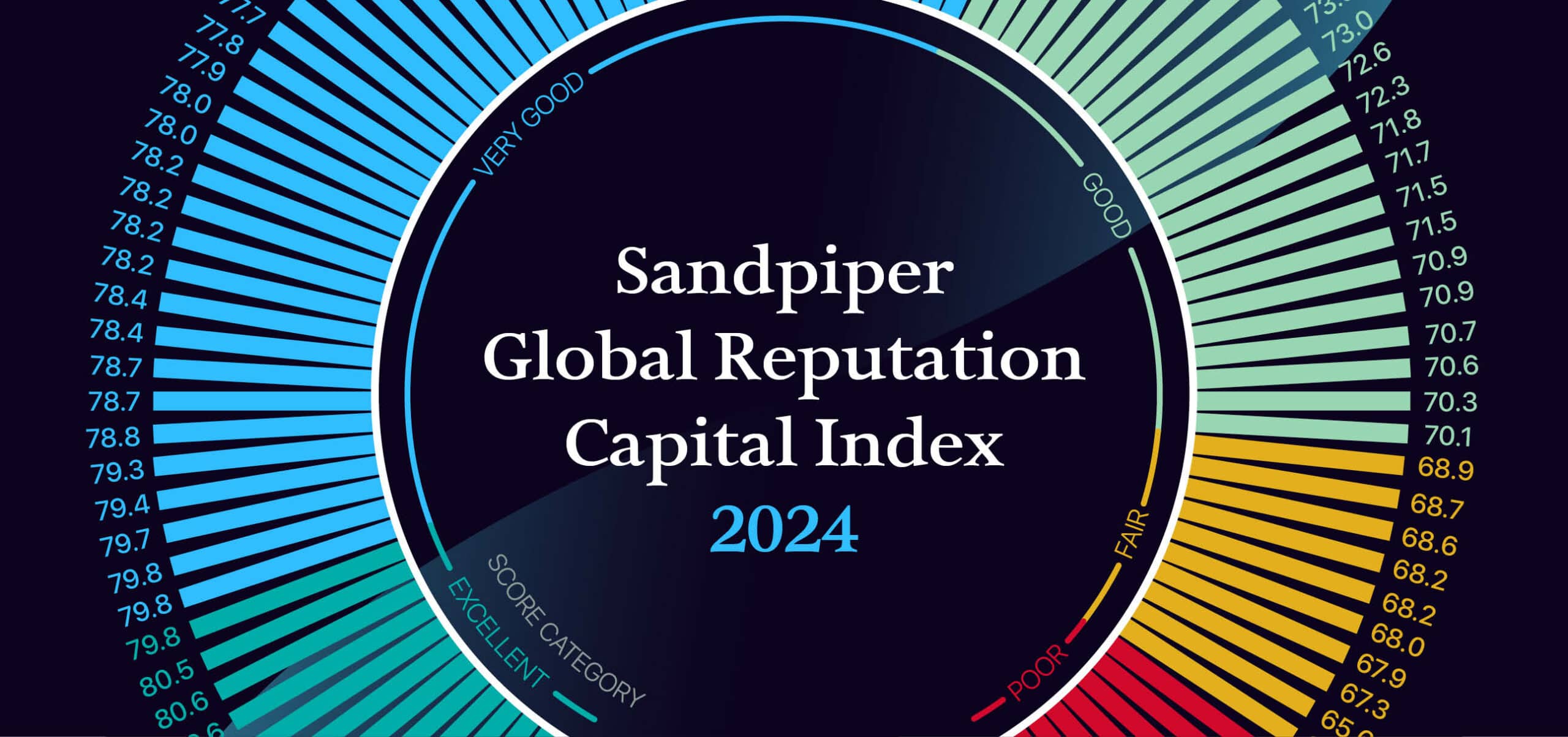
Is Asia Pacific on Track to Achieve the SDG 3?

ABAC Meeting in Hong Kong: Returning to ‘Asia’s World City’
A Pivotal Moment as South Korea’s Legislative Election Approaches
April 2024

This article is part of Sandpiper’s Public Affairs Tracker content series on government relations in Asia-Pacific. Our Public Affairs team provides in-depth monitoring and analysis on emerging political and macroeconomic issues, helping companies formulate appropriate strategies for challenging business environments. Click here to explore other recently published articles.
South Korea, a nation of around 52 million people, known for its rapid economic development and vibrant democracy, is on the cusp of a significant electoral event. The upcoming legislative elections, set to take place on 10 April 2024, are anticipated to be a critical juncture for the country, engaging millions of voters in the decision-making process for its future policy direction.
For the global business community, these elections are particularly noteworthy. South Korea’s economic landscape has shown remarkable resilience and innovation, backed by a strong technological sector and a highly skilled workforce. Yet, the need for reforms in labour laws, corporate governance, and innovation policies remains acute to sustain growth momentum and competitiveness on the world stage. The forthcoming government will play a crucial role in shaping these areas, influencing the business environment, regulatory frameworks, and international trade relations.
The legislative elections are poised to determine the direction of these pivotal challenges and opportunities. As stakeholders closely monitor the proceedings, understanding the political backdrop becomes indispensable for assessing potential market and investment implications.
Political context
Since its pro-democratic reforms in 1987, South Korea has experienced significant political evolution, marked by vibrant public discourse and active civic participation. The nation’s democratic journey has been shaped by its response to corruption, economic challenges, and the delicate balance of its foreign relations, particularly concerning North Korea and its allies.
South Korea’s two primary political parties are the conservative People Power Party (PPP) and the liberal Democratic Party of Korea (DPK). In 2022, the PPP’s Yoon Suk Yeol was elected president in a narrow victory against his DPK opponent, with a margin of less than one percent, highlighting the country’s tight political divide. His political platform mixed economically liberal stances, such as deregulation, with conservative social values.
Yoon’s popularity has been low since entering office, but in 2024, it has risen to a two-year high of around 39 percent, according to Gallup Korea. This improvement is attributed to the popularity of some of his measures to address the healthcare practitioner shortage, his international diplomacy, and his deregulation of environmentally protected “greenbelt” zones. At the same time, Yoon’s plan to increase the number of healthcare practitioners by broadening medical school admissions is receiving strong pushback from the sector, with almost 12,000 doctors in the country on strike against this measure since early February. This widely publicised event appears to be putting downward pressure on Yoon in national polls as the election approaches.
April’s election
This year’s legislative elections are expected to reflect the country’s dynamic political landscape, with the results determining the conditions for the remainder of Yoon’s tenure as president (which will last until the next election in 2027). Currently, the DPK holds 53 percent of seats in the National Assembly, while PPP lags with 38 percent. Also of note in this election are “satellite parties”, spinoffs of the primary two parties that maintain the same agendas, a tactic that can reinforce wins in the proportional representation vote. Winning a majority in the legislature (either directly for the PPP or in combination with its satellite party) would give the PPP significantly more power to enact its policies for the remainder of Yoon’s term.
As the election date approaches, polls and public opinion surveys indicate a highly competitive race, with potential for significant shifts in the political landscape. The outcomes of these elections will not only determine the immediate direction of South Korea’s domestic policies but also its stance on critical global issues, from trade to climate change and geopolitical alignments.
Looking forward
April’s elections come at a time when South Korea faces internal debates over social inequality, the pace of innovation, and its position in global geopolitics, especially in relation to China and the United States. An emphasis is also being placed on economic revitalisation, technological leadership, and enhancing social welfare systems, each party offering varying approaches to these issues. Foreign policy and national security also remain high on the agenda, with different strategies to navigate the complexities of international relations while safeguarding national interests. Each of these spheres could tilt in a more conservative or liberal outcome depending on the April 10 vote.
For international businesses and investors, staying attuned to the developments and implications of South Korea’s electoral process is essential for navigating the opportunities and challenges in one of Asia’s most dynamic economies. A thorough government relations strategy is particularly essential for the market, given its strict restrictions on direct government lobbying.




